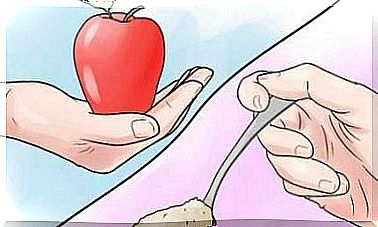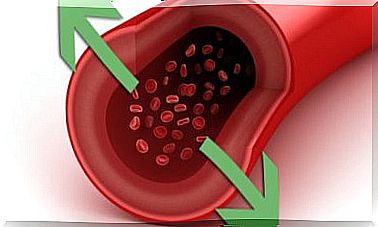9 Things Your Language Is Trying To Tell You About Your Health
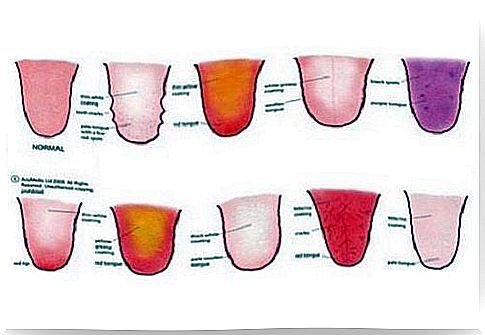
The color of your tongue says a lot about your health. Believe it or not, you can easily glance at your tongue to see if you have a health problem.
Don’t ignore this little organ because it can tell you all sorts of things about your health based on its color alone.
Today we will tell you what the color of your tongue can mean.
1. Strawberry red
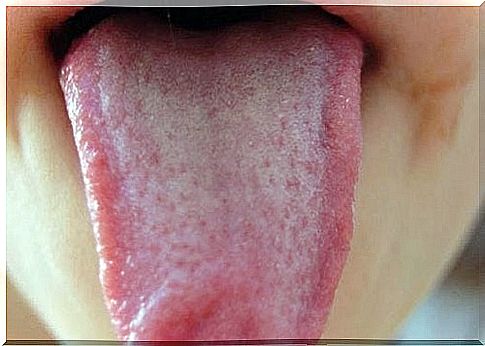
If you look at your tongue and see a strawberry red color, it may mean that you are deficient in certain vitamins. Is it a little shiny? It is a sign that your diet is deficient in iron and vitamin B-12.
In addition, if you find that your tongue is “flatter” than usual, it’s because your tastes are “smoothing out”.
In severe cases, you may experience sharp pain when drinking hot liquids or eating hot food. In this case, we recommend seeing a doctor and checking your diet.
2. Brown
If you notice a kind of brown or black plaque on your tongue, this can mean poor oral hygiene. The color of your tongue can also indicate that you are a smoker, or that you drink a lot of tea or coffee.
As a result, you may notice an unpleasant odor coming from your mouth, as well as a change in your sense of taste. This can include problems identifying flavors.
Try to regulate these harmful habits, not only for your language but also for your health.
Brush your teeth daily – and your tongue too!
3. The color of your tongue is whitish
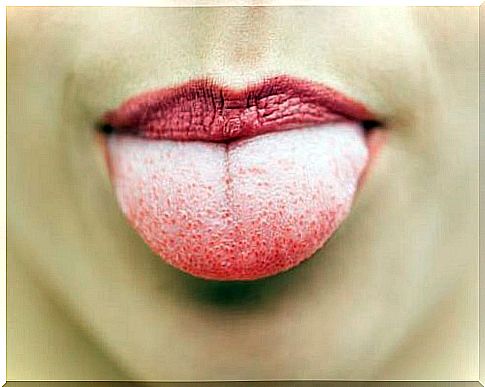
If you have a very light tongue or see a layer on it that looks a bit like cottage cheese, this is a sign of yeast infection.
This type of plaque appears when you have excessive production of Candida albicans in your mouth .
However, the color of your tongue tells you that it is best to see a doctor anyway.
4. Wrinkles in your tongue
If you see wrinkles or wrinkles in your tongue, it may just be a sign of aging.
These wrinkles are usually not painful. But if you also have poor oral hygiene, the risk of infections increases. For example, fungal inflammation can develop in the crease and cause severe pain and burning.
To correct this problem, you should follow the treatment regimen prescribed by your doctor.
5. Small white dots
If you see small white dots in your tongue, it could be a sign of something very serious.
These spots are usually caused by l iiallisesta growing cells in smokers.
Some of these spots may contain a precursor to cancer. However, this has a very low probability. If the spots don’t go away in a few weeks, you should see a doctor and show the color of your tongue, as well as have a few tests done.
6. Bladders or red injuries
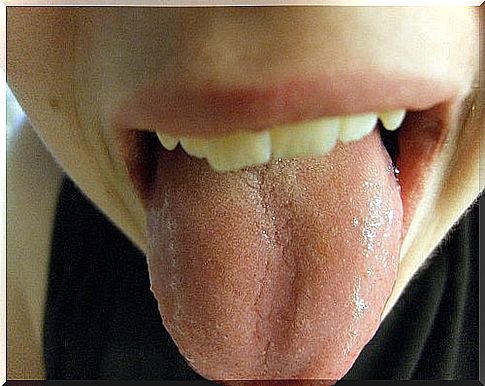
If you see blisters or a series of injuries in your tongue that persist for a long time, it can be a symptom of a serious illness such as tongue cancer.
In this case, visit your doctor immediately to have the proper tests done.
7. Burning tongue
A burning sensation in your tongue can be the result of a series of significant hormonal changes. Typically, this can occur during menopause.
In addition, another case may be just the use of the wrong toothpaste. Some people are allergic to sodium laureth sulfate, an ingredient that makes toothpaste foamy.
If you suspect you may be allergic to it, try changing your toothpaste and see if it solves your problem. The color of your tongue can change very quickly for the better.
8. Painful wounds
If you have painful sores on your tongue, it may be due to stomatitis. Although this condition usually occurs in children, it also occurs in about 20 percent of adults as well.
Wounds are a sign of stress and impaired resistance. If they last longer than a week, you should see a doctor.
9. Small gaps or irregularities
They are not very common, but they do exist. These are rare properties, but they are not dangerous.
If they don’t hurt, there’s nothing to worry about. Your language is just a little different than the others!
Main image source: wikiHow.com


